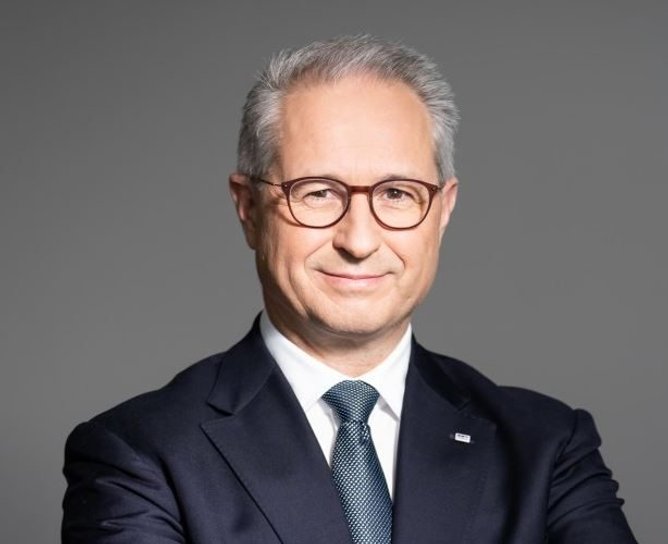OMV Takes Strides in Energy Efficiency & Emissions Reduction

In a bid to reinforce its commitment to sustainability and circularity, OMV’s 2023 sustainability report details how the multinational energy conglomerate is on a trajectory towards becoming a frontrunner in sustainable energy, chemicals and materials, all with a strong emphasis on circular economy solutions.
Main highlights of the report include that OMV’s Scope 1 and 2 emissions have plummeted by 25% since 2019, under the stewardship of CEO Alfred Stern.
OMV CEO’s commitment to sustainability
OMV operates across three integrated business segments of Energy, Fuels and Feedstock, and Chemicals and Materials.
Alfred Stern, OMV CEO and Chairman of the Executive Board, spoke in depth about the company’s commitment to sustainability across all these areas in the foreword of the 2023 iteration of the report.
“Our sustainability journey has demonstrated continuous improvement,” he began. “In the last two years alone, we pinpointed numerous data and reporting gaps, achieving an impressive 25% improvement in disclosed data points between 2021 and 2022. This not only underscores our commitment to comprehensive and transparent reporting practices but also signifies the positioning of sustainability at the heart of our strategy.”

His declaration comes off the back of the EU Green Deal, which recognises that there is no single solution to addressing climate change. Because of this, Alfred is calling for a substantial collective effort across industries to achieve climate neutrality by 2050.
He continued: “Our strategy acknowledges this interconnectedness and interdependency. We therefore aim to re-invent essentials for sustainable living, not only in a way that aligns with our targets, but also that delivers comparable benefits to our stakeholders.”
Putting himself front and centre of the company’s commitment to carbon cuts, Alfred doesn’t just talk the talk, he walks the walk, too.
Speaking recently at CERAWeek in Houston, Texas, Alfred sat alongside CEOs from Eastman, NOVA Chemicals and American Air Liquide for a Leadership Dialogue session, which delved into how technology and innovation is influencing industry’s future and sustainability. The session saw further elaboration on the role of technology and innovation influencing the chemical industry’s future and sustainability.
He also appeared on a panel titled Decarbonisation of Downstream and Chemicals, which reinforced how OMV’s pathway towards net zero in 2050 is well underway, and highlighted how by 2030, 40% of OMV’s average annual financial investment will be made in sustainable projects.
“Decarbonisation as such requires a multitude of different technologies and innovation,” he said after the event. “Our industry as a whole needs to accelerate all our efforts through scaling these technologies, while fully maintaining commercial viability.”
Partnerships key to sustainability success
On this sentiment, Alfred calls for collaboration to ensure that efforts to decarbonise and work toward net zero are not in vain. This also comes in the form of strategic alliances and partnerships. For example, last year OMV partnered with Interzero to build one of Europe’s largest waste sorting plants.
“It will provide circular and sustainable feedstock for chemical recycling using our patented ReOil technology,” he said, anticipating its great success.
“The feedstock produced will then be transformed into a high-quality raw material that is certified according to the International Sustainability & Carbon Certification (ISCC).
“Customers who utilise this raw material as feedstock for sustainable plastic production will gain improved insights into the carbon footprint of the products they make.”
*******************
Make sure you check out the latest edition of Energy Digital Magazine and also sign up to our global conference series - Sustainability LIVE 2024.
*******************
Energy Digital is a BizClik brand.






